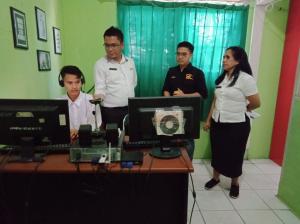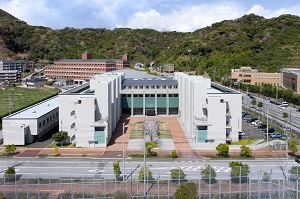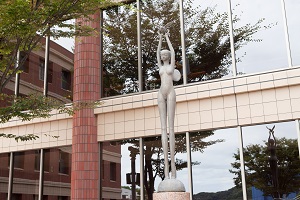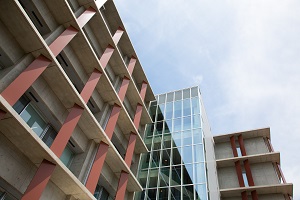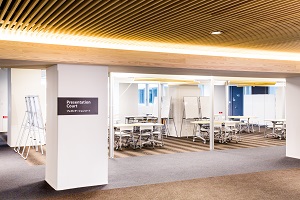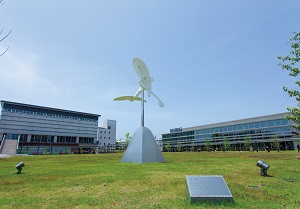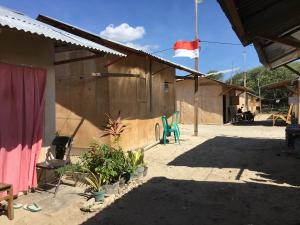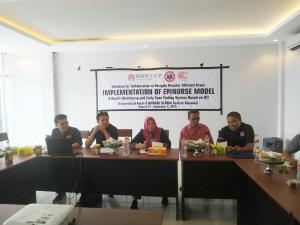本文
[Report] Initiation for Implementation of EpiNurse model in Central Sulawesi, Indonesia (2019年8月27日-9月30日)
Earthquake, tsunami, and liquefaction had stricken Palu, Donggala, Sigi, and Parimo (Padagimo) areas in Central Sulawesi, Indonesia on September 26, 2018. Extensive environmental destruction and infrastructure damages caused by the disasters led to humanity crises where thousands people died, injured and homeless. These disastrous situations were not only caused social-economic hardships, but also various health issues, such as lack of clean water and sanitation, rise of communicable diseases, disruption of function of health services and so on (UoK, 2019; INDMA, 2018).
One-year afterward, significant progress has been accomplished to restore the situation. Through sundry efforts on recovery and rehabilitation processes, infrastructures and public facilities, including health services, gradually return to operate steadily. Environmental damages have also repaired. Nevertheless, continuing evaluation is required in order to improve the local capacity to encounter the expected disaster. Living in Padagimo areas that located on Palu-koro fault, as most active fault in the world, require all people to be ready to face disastrous situation anytime. All stakeholders are also demanded to improve disaster management sytem as preparation to tackle disastrous situation.
According to the initial assessment, health rapid assessment and early case finding were considerately inadequate. The existing system even could not provide near real-time health status of survivors. It usually took several months to update the health status. Therefore, improvement of health rapid assessment and early case finding system is crucial. Considering this situation, EpiNurse Indonesia team has initiated a collaboration activity with Central Sulawesi Emergency and Disaster Nurses Association and Central Sulawesi Provincial Health Authority to implement EpiNurse model as part of prevention effort for expected disaster in Padagimo areas.
As starting point, as target for this visit, site visit and table meeting discussion was conducted. Through field observation and interview with some community leaders, site visit aimed to identify the progress of recovery one-year post-Pasigala disaster. After that, table meeting discussion with health stakeholders; such as the provincial health authority, the provincial disaster management authority, the nurse association, and public health center’s nurses; was done to discuss progress and plan follow up action. A DNGL student from Indonesia, Yudi Ariesta Chandra, led and coordinated this activity. In the end, as follow up action, the provincial health authority and the nurse association stated their interest and agreement to seek further chance to implement EpiNurse in the disaster affected areas.
